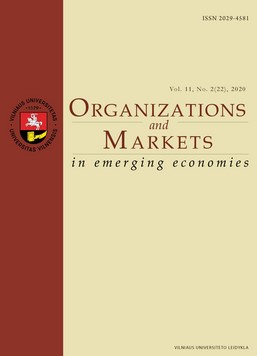A Family Affair: A Quantitative Analysis of Third-Generation Successors’ Intentions to Continue the Family Business
A Family Affair: A Quantitative Analysis of Third-Generation Successors’ Intentions to Continue the Family Business
Author(s): Francine Chan, Dominique Jalandoni, Cecil Austin Sayarot, Marc Uy, Denver D. Daradar, Patrick Adriel H. AureSubject(s): Business Economy / Management, Behaviorism, Family and social welfare
Published by: Vilniaus Universiteto Leidykla
Keywords: family business; third-generation successor; perceived parental support; perceived psychological control; family business self-efficacy; commitment to family business; next-generation engagement;
Summary/Abstract: Family businesses face a succession crisis where only 13% survive until the third generation (Lee-Chua, 2014). While there is sufficient literature on family business succession planning, research on the motivations behind next-generation engagement in family firms, especially for third-generation successors, is limited (Garcia, Sharma, De Massis, Wright & Scholes, 2018). Thus, the present study tested the model of Garcia et al. (2018) where perceived parental support and psychological control predict next-generation engagement, with family business self-efficacy and commitment to family business mediating this relationship. 118 third-generation successors were surveyed using established and newly developed scales based on previous literature. Mediation analysis showed that normative commitment partially mediated verbal encouragement and next-generation engagement, while affective commitment fully mediated parental psychological control and next-generation engagement. Results were also compared against 124 second-generation successors, revealing that there were no significant differences between generations. Combining these two datasets led to a new conceptual framework, where normative commitment partially mediated verbal encouragement and next-generation engagement, while affective commitment partially mediated parental psychological control and next-generation engagement. The results of the study can contribute to the enrichment of family business literature, particularly on the factors that influence the intentions of third-generation successors, and to the creation of effective succession plans.
Journal: Organizations and Markets in Emerging Economies
- Issue Year: 11/2020
- Issue No: 22
- Page Range: 462-481
- Page Count: 20
- Language: English

